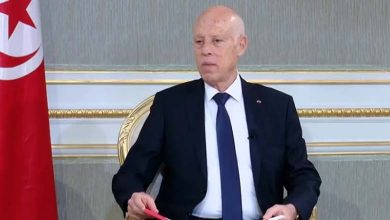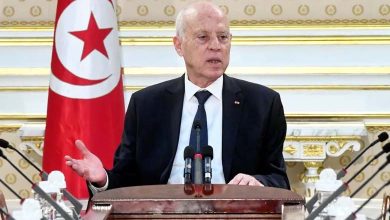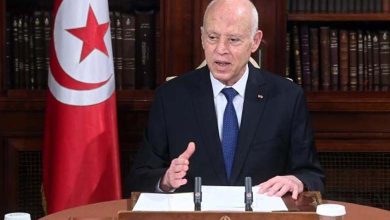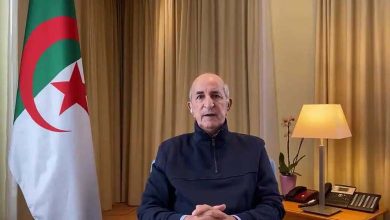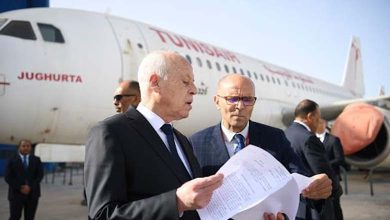Libya: Abu Ujaila case fuels rift between Libya’s factions
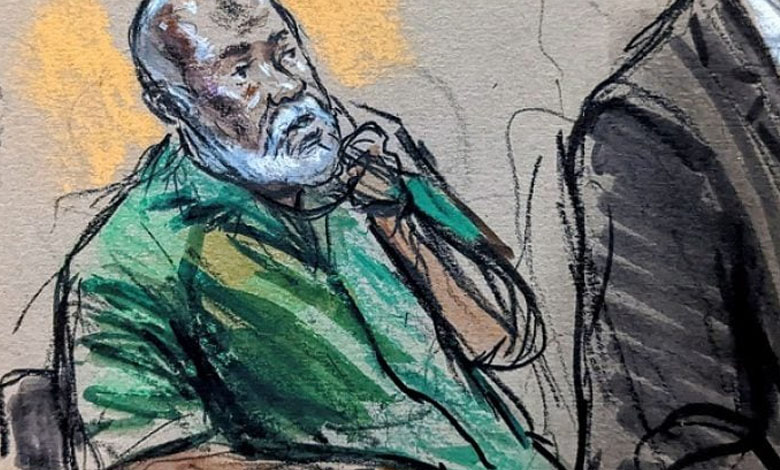
The case of Abu Ujaila Masoud al-Marimi, a Libyan detained in the United States and accused by the US authorities of being one of the perpetrators of the 1988 Lockerbie bombing, reacts domestically amid a split between eastern and western Libya, as if the case were part of a state of political division away from its criminal details and regardless of being a blatant example of the violation of Libyan sovereignty by foreign countries.
Beyond the state of division (domestically), the issue is moving America in cooperation with other Western powers on a course that seems to be a return to bargaining in the same way that the issue was settled more than three decades ago with the former Libyan regime.
While the outgoing government in Tripoli led by Abdul Hamid Dbeibeh faced accusations of treason in this regard, a document issued by the Libyan parliament in the east of the country showed a demand to initiate a criminal case against those involved in the “kidnapping” of citizen Abu Ujaila Masoud al-Marimi.
The Libyan parliament document came a day after the United States announced its detention in the Lockerbie case. This step brings the issue back to the forefront after 36 years of closure of this file, in what is considered a rare event in which politics is intertwined with criminality, or what others see as a return to the path of blackmail in a case in which the divided Libyan state is to be held morally and criminally responsible, despite the previous compromises made during the era of the late Libyan leader Muammar Gaddafi.
On the details of the Libyan parliament’s action, the legal advisor of the Office of the Presidency of the Council of Representatives, Ashraf Al-Mabrouk Al-Dous, told the Attorney General, Counselor El-Sadiq Esour, that “this issue was finally settled with the American government previously under an official agreement, which resulted in the criminal non-responsibility of the Libyan state and the compensation of those who were affected by this incident.”
The letter clearly indicates that the Libyan parliament, the only legislative authority governing parliamentary and legislative action since 2014, is wary of a new round of pressure with a push to revive the Lockerbie issue.
The Dbeibeh government faces accusations that it was somehow involved in Abu Ujaila’s abduction from his home and that the man offered foreign appeasement rather than lost justice, while the legitimately disbanded unity government is looking for additional international support to bolster its standing in the face of rival power in eastern Libya.
It is noteworthy that Abu Ujaila’s return to the forefront comes after a kidnapping and subsequent detention in the United States on charges unrelated to the Lockerbie incident. Washington charged him with terrorism-related charges before he was mentioned as a suspect in the bombing of a Pan Am flight in 1988.
Scotland’s Attorney General’s Office has announced that Scottish prosecutors and police, together with their counterparts from London and Washington, are pursuing the investigation of Abu Ujaila Masoud al-Marimi, who is in US custody, thus signaling a joint effort to revive the Lockerbie case.
Last Sunday, the Swiss website “Lawton” reported that a spokesman for the Office of the Attorney General said that he had informed the families of the victims of the Lockerbie case of the detention of Abu Ujaila, adding that “his only aim is to bring to justice those who colluded with Abdelbaset al-Megrahi.”
Al-Megrahi, who continued to plead his innocence until his death, was the only presumed culprit in the midst of a crisis that ended in a settlement whose details, justifications and circumstances remain unclear, but whose outcome was known to the two sides in the negotiations. It is a settlement on the scale that ended the arms of the era between Gaddafi and Western powers led by the United States.
In a statement following Washington’s announcement of the detention of a Libyan suspected of links to the Lockerbie bombing, relatives of the victims, who received huge compensation, said that his arrest is an important step in the pursuit of justice, expressing their aspiration for a trial, which is another referral that the goal is beyond the search for truth and justice, and that the trial will inevitably result in a return to holding Libya criminally and morally responsible for the attack, as well as dragging it to the bargaining box, at a time when it is struggling in the face of internal divisions and the outbreak of armed conflicts due to the crisis of legitimacy between two authorities competing for the ruling.
“Abu Ujaila is in custody and will appear before a judge in Washington, DC,” a Justice Department spokesman said Sunday in a statement, without providing details on a trial date.
Although Abu Ujaila’s case began to take a more serious path, the context of pushing for a settlement that would not depart from the Libyans’ bargaining process and that would presumably not depart from the official media aura in the United States, the US Department of Justice merely published a single statement regarding Abu Ujaila’s arrest.
Al-Marimi’s abduction raises fears that he might be retried and asked for new state compensation, a serious violation of the rights of the defendants and those of the state, which previously provided compensation to the Lockerbie victims.
In a statement, Libyan National Security Advisor Ibrahim Bushnaf expressed his astonishment over the trial of Abu Ujaila Masoud Al-Marimi in the United States in the Lockerbie case, which was settled under an agreement signed in June 2006.
“The kidnapping of the Libyan citizen Abu Ujaila Masoud al-Marimi makes him a prisoner of the United States, given that it signed an agreement to put a complete end to any future claims and close any cases opened by the families of the victims, whether before local or foreign courts,” he said in a statement on Sunday.
The June 2006 agreement stipulates that “no new claims for acts committed by either party against the other shall be opened before the date of the agreement.”


